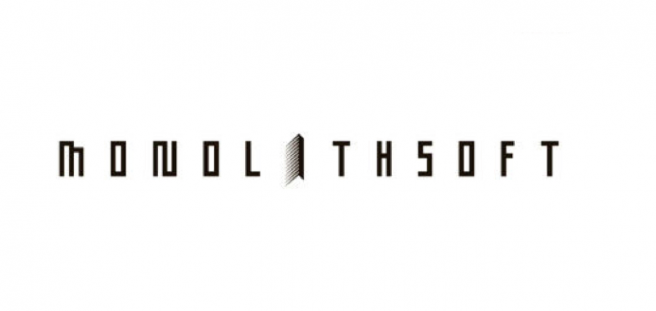Nintendo and Monolith Soft on their relationship, JRPG term, state of the Japanese market, more
During E3 last week, GameSpot conducted an interview with some developers from Nintendo and Monolith Soft. Those staffers are as follows:
Hitoshi Yamagami – Producer, Nintendo
Genki Yakota – Director, Nintendo
Tetsuya Takahashi – Executive Director, Monolith Soft
Koh Kojima – Director, Monolith Soft
Shingo Kawabata – Producer, Monolith Soft
In the interview, GameSpot asked all of these developers about the relationship between Nintendo and Monolith, the “JRPG” term, how the Japanese market is at present, and more. Head past the break for their comments. You can also access GameSpot’s original article here.
On the relationship between Nintendo and Monolith Soft…
Yamagami: At Nintendo, we’re always thinking of how we can reach a variety of different users. One thing that can help us reach a certain kind of user–that core gamer–is by partnering with other companies. We were looking for someone to help us design games with that specific audience in mind. All we need to do is look for a good partner out there who is willing to work with us, and after looking, we started discussing with Monolith Soft [and] it all came together.
On what about Monolith Soft makes them a good partner for Nintendo…
Yamagami: I think, what they bring that most impressed us, was the amazing quality of JRPGs that they’re able to produce.
On designing their games for a worldwide audience rather than just Japan…
Yamagami: Yes, I absolutely agree that good games are universal, and whenever we’re designing these games, it’s not our idea to add the “J.” Sometimes we talk about it that way, but in our minds, we’re just making RPGs.
Yakota: Certainly, we have the Japanese audience in mind. We want to ensure that this will be a comfortable experience for them, but we don’t mean to exclude anyone, we want to create something that can be picked up and played by everyone.
Yamagami: We’re looking to take all of the best qualities, even from what might be Japanese design impulses, but make sure they can be enjoyed everywhere.
On the designated separation between JRPGs and RPGs…
Yamagami: I feel like we just make RPGs I don’t need anyone to add the “J,” personally.
Kawabata: Certainly, I wouldn’t want anyone to use “JRPG” in a negative way, I wouldn’t want them to try to pigeon-hole a certain game with that designation if they meant something negative by it.
Takahashi: Personally, I don’t feel people are saying anything negative when they say “JRPG,” rather, I feel like it’s become a genre category at this point, the same way you might have an action movie or a horror movie. If people say JRPG, then they’re just trying to designate a certain approach to the subject matter or a certain way of dealing with themes, because it’s nothing negative in general. I’m very happy with that usage.
On why the designation between RPGs and Japan is the only genre in gaming that does this…
Takahashi: You may not be aware of this, but I think a lot of the time when people use JRPG in the Japanese market, they actually do have negative feelings that are building up behind that. Unless the rest of the world shares those negative connotations, then that’s not something I would worry about at all.
Yakota: Certainly, it often designated to people that they might see a similar presentation style that they see in anime or manga.
Takahashi: I like to think about the fact that even in the US market, you guys say “comics,” but you also say “manga.” The two words designate the country of origin, or the style, if it’s the case of someone emulating that. It’s the same in Japan where we say manga, but we also say american comics. I feel like this kind of usage is similar to what we’re seeing with “JRPG” being used a term outside of Japan.
On western developers making a JRPG…
No, it doesn’t bother us at all. It’s kind of interesting for us to see people try to present in that particular sort of style. We’d love to see what people come up with. (Consensus of the group, streamlined by the interpreter.)
On the state of the Japanese gaming market…
Takahashi: This is just my opinion, but sometimes I wonder about the health of the industry. When I walk around E3, I see some wonderful games that Nintendo and other manufacturers are putting out, and these are games that I truly love, but I also worry about the shift towards mobile, and wonder [what] the shift towards developing for smartphones might mean for the future of the industry. Certainly, if you talk about the scale of the market including them, then yes it’s doing well; there’s a lot of money and activity there.
Yamagami: I certainly want to stress that Nintendo is doing well. I think our state is rather healthy, our games are selling well in Japan and the rest of the world, so we certainly don’t see it as a problem. We do notice the trends of various developers embracing mobile, and we see a big push there, and people have different feelings about that when they think about it, but for us, smart devices can allow people to play games as well, so that, in our mind, is part of the market.
